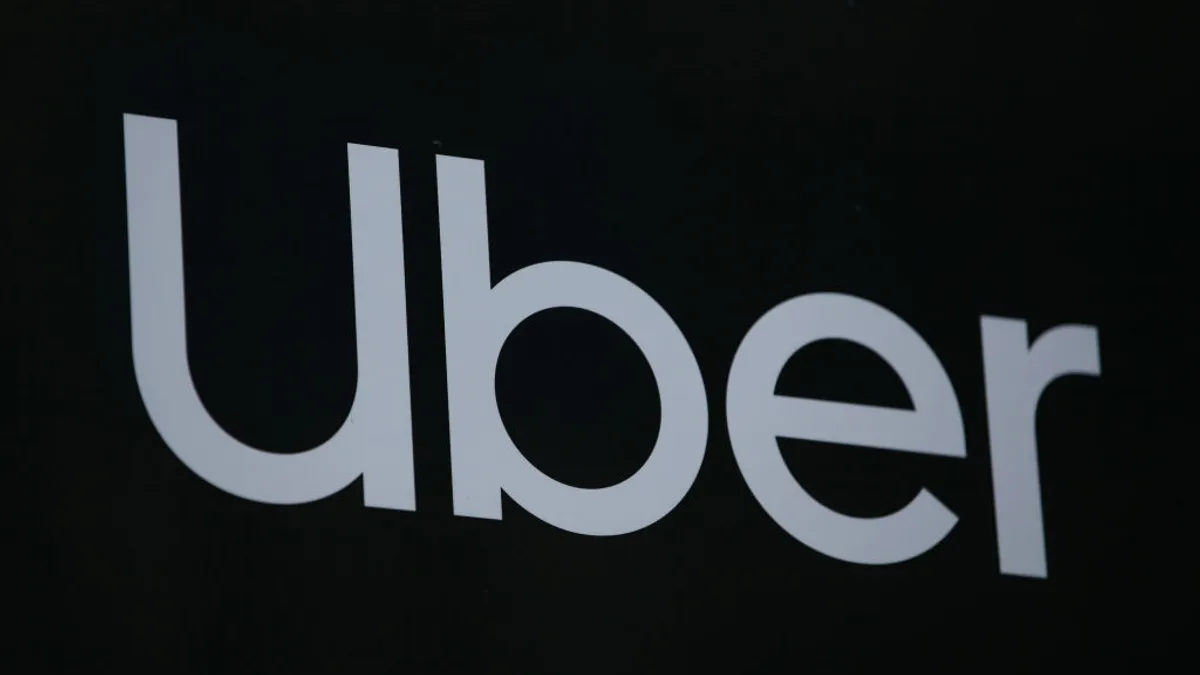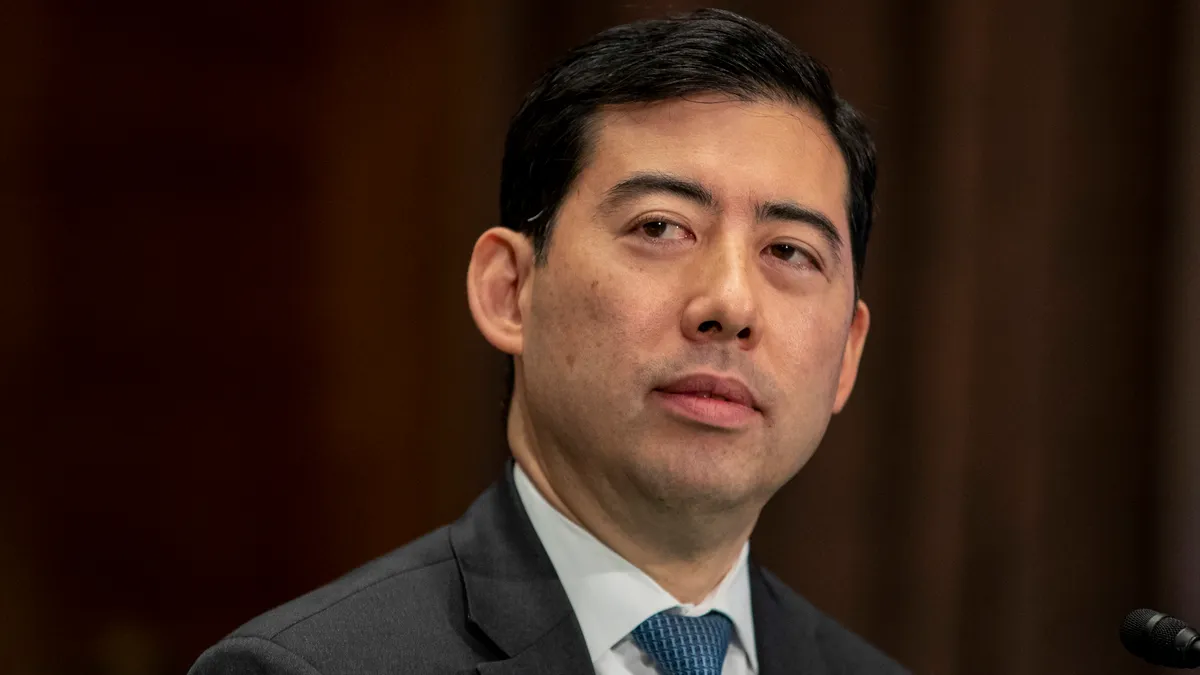An Uber-led ballot initiative in Nevada would impose the strictest contingency fee limit in the country, potentially helping companies if it were to deter complex class action lawsuits by making it harder for plaintiffs to attract counsel.
“It would dramatically affect the ability of everyday people to find lawyers to take their cases,” Deepak Gupta, who represents groups challenging the proposed ballot initiative, told Legal Dive. “Some states have medical malpractice caps but nothing like this. No state would have a ban as sweeping as this one.”
Uber has pumped a reported $5 million into a political action committee, Nevadans for Fair Recovery, that the company created. The company says the goal isn’t to limit lawsuits; it’s to hold plaintiff’s counsel to reasonable fees so that their clients keep more of whatever judgment they get.
“Not a single person has pointed to [contingency fee] caps as destroying anyone’s access to court,” Harry Hartfield, Uber’s senior manager of public affairs, told Legal Dive.
Hartfield said that contingency fees are how trial lawyers get rich and that they spent more than $130 million last year on television advertisements in Nevada. They will still be filing lawsuits if the initiative passes.
“There’s no truth whatsoever that this will in any way limit our exposure to lawsuits,” Hartfield said. “I’d ask what some of these law firms took in last year.” He added that plaintiffs are often left with very little of their own judgment once contingency fees are taken into account.
In a statement provided to Legal Dive, American Tort Reform Association President Tiger Joyce took a similar position.
“The initiative seeks to curb abusive practices that often result in attorneys profiting more than the plaintiffs they represent and to create a fairer system that works for all Nevadans – not just trial lawyers,” said Joyce. ATRA filed an amicus brief with the Nevada Trucking Association supporting Uber.
Gupta suggested Uber’s motives are more self-interested than the company says; numerous Uber riders have joined a consolidated lawsuit, claiming that the company’s drivers sexually assaulted them and that the company failed to properly screen its drivers.
“What makes a difference to Uber is whether people can bring lawsuits against them,” said Gupta.
Effort to block
The Nevada Justice Association, a group of state trial lawyers, filed suit last spring along with a group of Uber sexual assault survivors to block the ballot initiative, claiming it was deceptive and misleading. But U.S. District Judge James T. Russell in Carson City dismissed the case in May, finding the plaintiffs’ claims about the effects of the initiative to be “too speculative and hypothetical.”
The challengers have appealed to the Nevada Supreme Court. They claim that the initiative aims to close the courthouse door on many Nevadans and that it will decrease victims’ ability to recover for their injuries.
“The harder we make it for people to get lawyers, the worse things will be,” said Vanderbilt law school professor Brian T. Fitzpatrick, who filed an expert declaration against the ballot initiative. “It’s a very bad policy. Complex cases like sexual assault need expert witnesses, and you have costly discovery. The lawyer is just barely making a profit at a 33% contingency fee.”
Challengers face a steep education hurdle if they want to stop the initiative. A poll commissioned this summer by the proposal’s supporters found that about 72% of respondents supported capping attorney fees at 20% of all settlements and awards in civil cases.
Gupta suggested the poll result would be different if people had a better understanding of the cap’s impact. “If the poll asked Nevadans, ‘Do you want to make it harder to hold companies responsible for sexual assault?’ the results would be much different,” he told Legal Dive.
Because Nevada’s cap, as proposed, would be across the board, it would sweep in discrimination, consumer protection and workers’ compensation cases, increasing the chance these important cases wouldn’t be brought, he said.
“This would be the most extreme limitation on access to the civil justice system of any state in the nation,” Gupta said. “People should take this very seriously.”
A few other states have caps in place, but they’re limited. Michigan caps contingency fees for personal injury or wrongful death cases at 33%.
Oklahoma has an across-the-board limit, but it goes up to 50%.
Business groups a few years ago proposed a 20% contingency fee cap for tort lawsuits in California but it failed to qualify for the ballot.
Uber wants the proposal to be on the ballot in November 2026. The Nevada Supreme Court is expected either to schedule oral arguments soon in the case or rule directly on the appeal.
The company says it’s only interested in Nevada; it doesn’t intend to take this to other states. “Things have gotten out of whack” here, said Hartfield, alluding to the strength of trial lawyers at the state legislature.
Whether or not Uber takes this elsewhere, the battle will crop up elsewhere, Fitzgerald thinks.
“I suspect a lot of other companies would like to see this written into the law in other states,” he said. “There will be an appetite for this if it passes.”


















